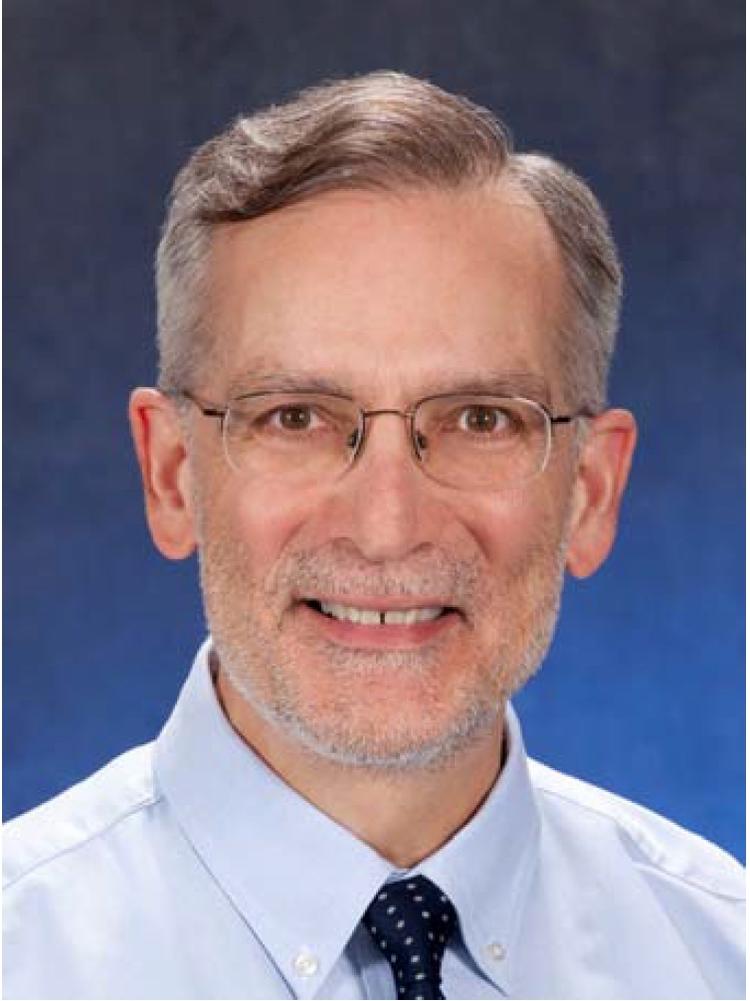
- This event has passed.
PE Distinguished Seminar: Large-scale Geological Storage of Carbon Dioxide
February 27, 2023 @ 4:00 pm - 6:00 pm

MICHAEL CELIA
Professor of Civil and Environmental Engineering, Princeton University
Subsurface energy systems have historically focused on extraction of hydrocarbons through mining (coal) or drilling and pumping (oil and gas). These extractive industries have led to myriad environmental damages at the land surface as well as large greenhouse gas emissions that drive climate change. Future energy-related usage of the subsurface is likely to involve large-scale fluid injection rather than extraction, with much of the injection occurring within the broad technology of carbon capture and storage, or CCS. The required pace of development, and the enormous volume of fluids involved, make development of a large-scale CCS industry a daunting challenge. While recently expanded tax credits in the United States make development of large-scale CCS in the US possible, global development seems much less certain. In this presentation, I will discuss several key issues associated with CCS, including storage options, infrastructure needs, and regional-scale storage challenges.
Biography
Professor Michael Celia is the Theodora Shelton Pitney Professor of Environmental Studies at Princeton University, where he is also a Professor in the Department of Civil and Environmental Engineering (CEE). Prof. Celia served as Director of Princeton’s Environmental Institute from 2017 to 2021, and as CEE Department Chair from 2005 to 2011. His areas of research include ground-water hydrology, multi-phase flow in porous media, numerical modeling, and subsurface energy systems with a focus on geological sequestration of carbon dioxide. Professor Celia served for 10 years as editor of the journal Advances in Water Resources. He is a Fellow of the American Geophysical Union (AGU) and the American Association for the Advancement of Science (AAAS) and the recipient of the 2005 AGU Hydrologic Sciences Award (citation: For fundamental research contributions to subsurface hydrology and numerical methods in water resources, and for providing a model of Academia at its best). He was the 2008 Darcy Lecturer for the National Ground Water Association, the 2010 Pioneers in Groundwater lecturer for the American Society of Civil Engineers, received the 2012 Hydrology Days Award, and is the recipient of the 2014 Honorary Lifetime Membership Award from the International Society for Porous Media (Interpore). In 2016 Professor Celia was elected to the U.S. National Academy of Engineering (citation: For contributions to the development of subsurface flow and transport models in groundwater remediation and CO2 sequestration), and in 2018 he was awarded an Honorary Doctoral Degree from the University of Stuttgart. He has also received several teaching awards, the most recent being the Distinguished Teaching Award from the School of Engineering and Applied Science at Princeton, awarded June 2017.
